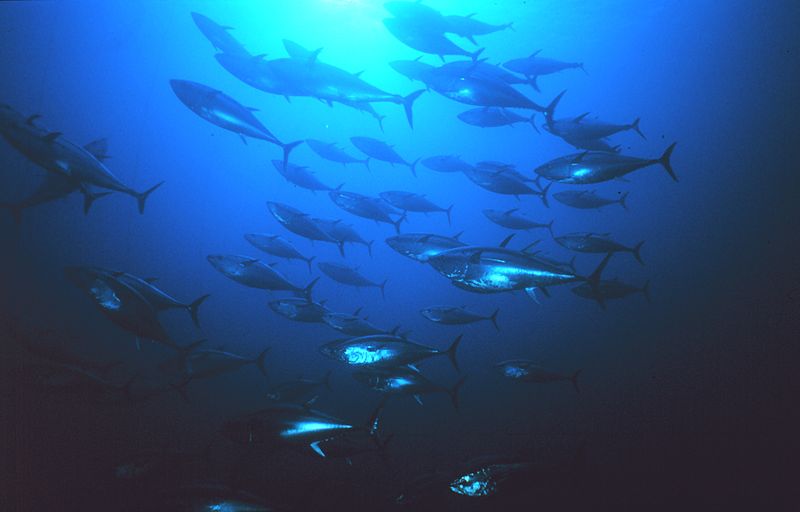- Like
- Digg
- Tumblr
- VKontakte
- Buffer
- Love This
- Odnoklassniki
- Meneame
- Blogger
- Amazon
- Yahoo Mail
- Gmail
- AOL
- Newsvine
- HackerNews
- Evernote
- MySpace
- Mail.ru
- Viadeo
- Line
- Comments
- SMS
- Viber
- Telegram
- Subscribe
- Facebook Messenger
- Kakao
- LiveJournal
- Yammer
- Edgar
- Fintel
- Mix
- Instapaper
- Copy Link
For some here on land, it can be easy to feel disconnected from the species living beneath the waves of the world’s oceans.
But if you dive just a little bit deeper into the world of fish, you may be surprised to learn how smart these remarkable animals are!
DYK that fish have good memories? Or that they can use tools, or work together? Read more fun fish facts in COK’s Q&A with Jonathan Balcombe, author of “What a Fish Knows.”
Overfishing around the world is rapidly emptying the oceans of life. In fact, researchers expect that if fishing continues at its current rate, all of the world’s fisheries will be depleted by the year 2048.
And not only do fishes suffer greatly to end up on our dishes, the fishing industry also harms and impacts many other species — including humans:
- Millions of animals die each year as victims of by-catch (unintended species caught in fishing gear), including whales, dolphins, turtles, sharks, seabirds, and others.
- By-catch could be as much as a staggering 40% of the global catch each year.
- Around 20 million tons of fish each year are used to produce fishmeal and fishoil fed to farmed animals — including farmed fish.
- Investigations have shown that fishing industries around the world force people to work in slave labor.
- Aquaculture, or fish farming, can pollute surrounding marine eco-systems and spread disease.

Plus, as overfishing continues, our other daily dietary choices impact the oceans — as factory farming also takes a devastating toll on marine eco-systems.
As famed oceanographer Sylvia Earle’s Mission Blue writes, “industrial animal agriculture is seriously impacting our waterways and ocean yet few people know it. Yes the treatment of the animals is ghastly – and that is reason enough to avoid purchasing factory farmed meat – but there is also an impact on the ocean.”
Like what, you might ask? Well, animal agriculture is a leading contributor to water pollution, ocean dead zones (or areas of the sea devoid of life), and more.
One of the single most effective ways to protect the oceans is to leave fish and other animals out of your diet — and World Oceans Day is the perfect day to start! Visit TryVeg.com today.

